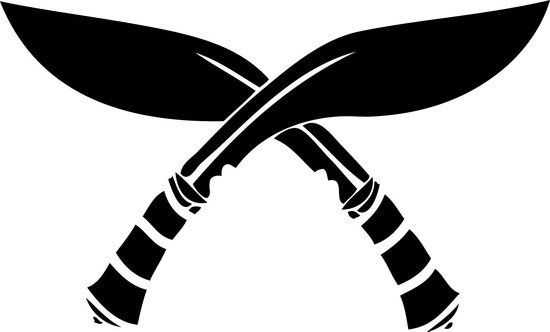Glen
Moderator
Awesome! Very glad to see this TL is back. Nice flag too.
Thank you kindly Mac Gregor!
Awesome! Very glad to see this TL is back. Nice flag too.
AW YEAH IT'S BAAAAAAACK!
And looks like the decolonization movement has begun...
I'm going to have to go back and read this from the start. Loved the new update! But I've forgotten how we got to this point.
Yay! This amazing timeline is going to be finished!!!
I don't know why I wasn't already subscribed to this awesome TL.
You know, when I binge-read through everything you'd written a few months ago, I got a little confused between OTL and TTL.
Well, it wasn't actually very recent, to be honest. It was a few months ago. Still, very well-written, plausible, and entertaining.Superman, it's never too late!
Got lost in the DSAverse, eh? Lots of fun but not good if you have to take a history test!
I would be interested to hear some of your overall impressions of the timeline since you recently got the condensed view.
Well, it wasn't actually very recent, to be honest. It was a few months ago. Still, very well-written, plausible, and entertaining.
So I'm curious...how would you describe the world to someone who hadn't read it?

I guess its time for me to go reread this, as I have absolutely what is going on outside of a vague memory of a Prussia-Poland
Good to see this TL up and rolling again. Keep up the good work
Well, I've been working on this awhile on and off, but remember how the question of what the DSA's flag would look like came about? Here's my best and latest shot at it in the attachment. Thoughts? Please be gentle
Needs color...probably just another early 20th century attempt, however. In the end, the Southrons are going to want something more distinct I suspect...but then again, maybe with color I could be convinced....